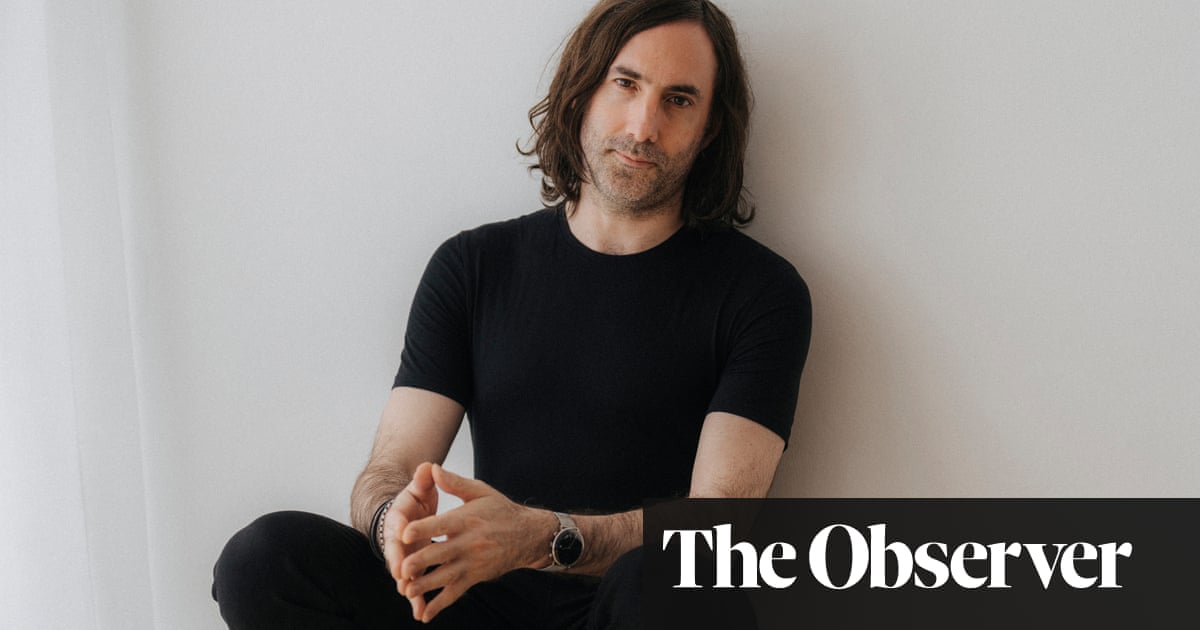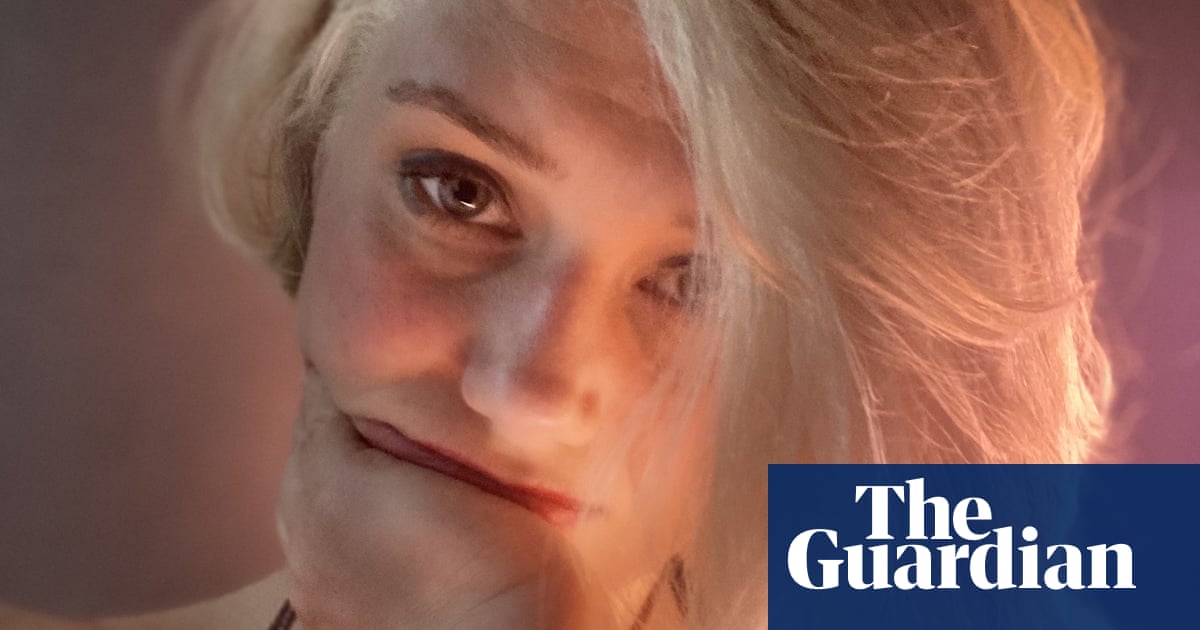
Falconry is a profession with roots in the ancient Middle East and medieval Europe but one of its practitioners is making some history of his own.
Rodney Stotts is one of the few Black falconers in the US. He works with raptors such as red-tailed hawks and Harris hawks, as well as with an owl named Mr Hoots. He is now the subject of a new documentary directed by Annie Kaempfer, The Falconer, that screened at the Atlanta film festival ahead of the second annual Black Birders Week (an event created after a white woman called the police on a Black birdwatcher in Central Park in New York last year, prompting a national outcry).
Stotts has seen his work hit by the Covid pandemic and is relocating from his previous raptor sanctuary in Laurel, Maryland, to Charlotte Courthouse, Virginia. The new site takes its name from his late mother’s nickname – Dippy’s Dream. Stotts spoke with the Guardian about honoring his mother through his new project, the importance of exposure to falconry in inner-city DC, and mentoring the next generation of Black falconers.
How does someone become a master falconer?
To become a falconer, you have to find either someone who has been a general falconer for three years or a master falconer to sponsor you. Once you have a sponsor, you take a test. Your aviary is inspected and the sponsor takes you out to trap a bird. Then there’s a one-to-two-year apprenticeship, and the sponsor writes about whether you should be promoted to general falconer.
Once that’s done you can have different birds for a few months. You’re a general falconer for five years. After five years and some paperwork, you become a master falconer. It takes seven years to become a master falconer and then you are that for the rest of your life as long as you reapply each year.
Being a falconer is going to teach you everything. It will break you. You can be the hardest person in the world, and yet it will break you down and rebuild you. The birds just look at you, and you have to learn patience, deal with difficult situations, critical thinking in difficult times. Everything about who you are is going to change.
Can you talk about what it is like to find the next generation of Black youth who are interested in becoming master falconers?
In the inner city, in DC, they don’t have falconers at all there. You never see a falconer because it’s not talked about, there’s no exposure. But once people see [a falconer], it’s not “there’s another Black guy.” They see a falconer, period. Then they see that it’s someone who looks like them. It’s not the opposite way around.
As for the birds, it doesn’t matter what color your skin to them.
Kids say, “I didn’t know there were red-tailed hawks.” They believe that every bird is an eagle. The kestrel, the smallest raptor in the Americas, they saw that as an eagle. But once they’re exposed to it, there’s encouragement, exposure, excitement. That’s when I get excited. In the documentary, I say, “you never know who’s the next raptor specialist” – you don’t have to be a falconer. You care for birds, and they heal you. It’s amazing.
How is the work going on your current project, Dippy’s Dream?
It’s coming along. I found about another three and a half acres, three wooded acres to finish cutting down, and a little three-acre campground. So we’re parceling out the actual camp, sealing a little bit of the trees around it so there’s a little privacy.
I was working at a job with a raptor program in a sanctuary at the Oak Hill youth detention center, a juvenile detention center for DC youth. When the Covid-19 pandemic came around, [it affected] all the jobs. I lost mine, the place closed down. It got me to this understanding of not always working for someone else. It was my opportunity to get Dippy’s Dream up and going. What I wanted was go on from there.
My mom had already passed away [when I made the purchase]. I really wanted to do something in her name; she always wanted a house with kids coming home to [it]. She grew up on a farm with animals. I knew how healing they could be. There would be a playground where people could come out. It would be free. You could donate, basically, whatever you can afford … Because you might think you could not afford it and not deserve it. You might not have $500 to pay to go experience horseback riding, dealing with birds, sitting in nature.
It sounds like the pandemic has caused you to make these changes.
Oh, yes. It shut everything down. Ninety-nine per cent of what I do is face-to-face, up close and personal, getting a child to see the birds, hold a bird. The pandemic stopped all of that. It shut me down for a whole year, pretty much.
What parts of the job do you enjoy the most?
Just showing people my birds to see them smile. I have a picture of my mom just holding one of my birds. Whenever I fly the bird that’s named after her, she’s just with me. It’s the healing side of it.
At the end of the day, my legacy, I want it to be that I helped. I did enough hurt. That’s the one thing I would like people to realize. It doesn’t matter how much money you have, who you are … it doesn’t matter where you started or what you’ve been through. You can always come out at the end if you believe.












